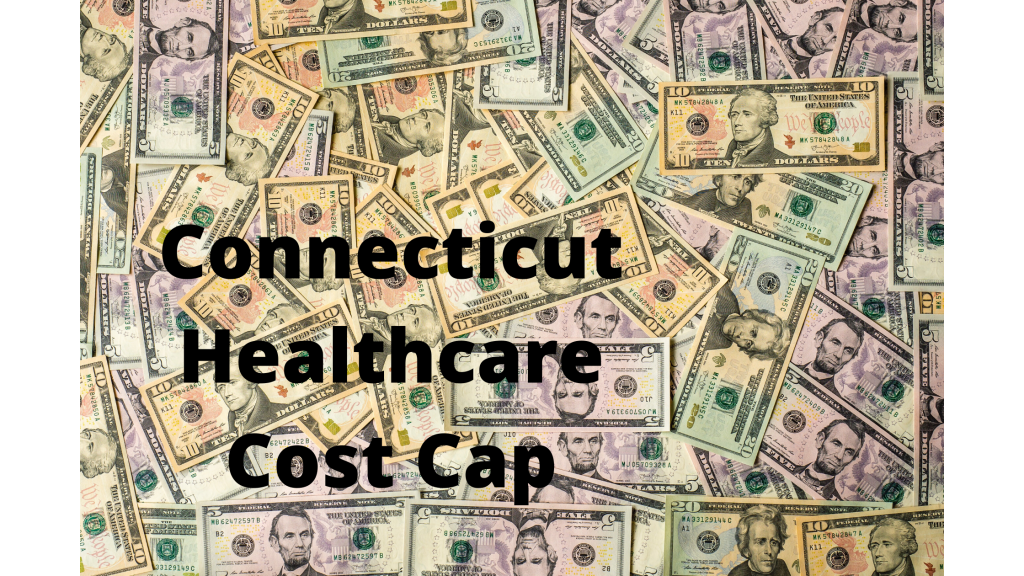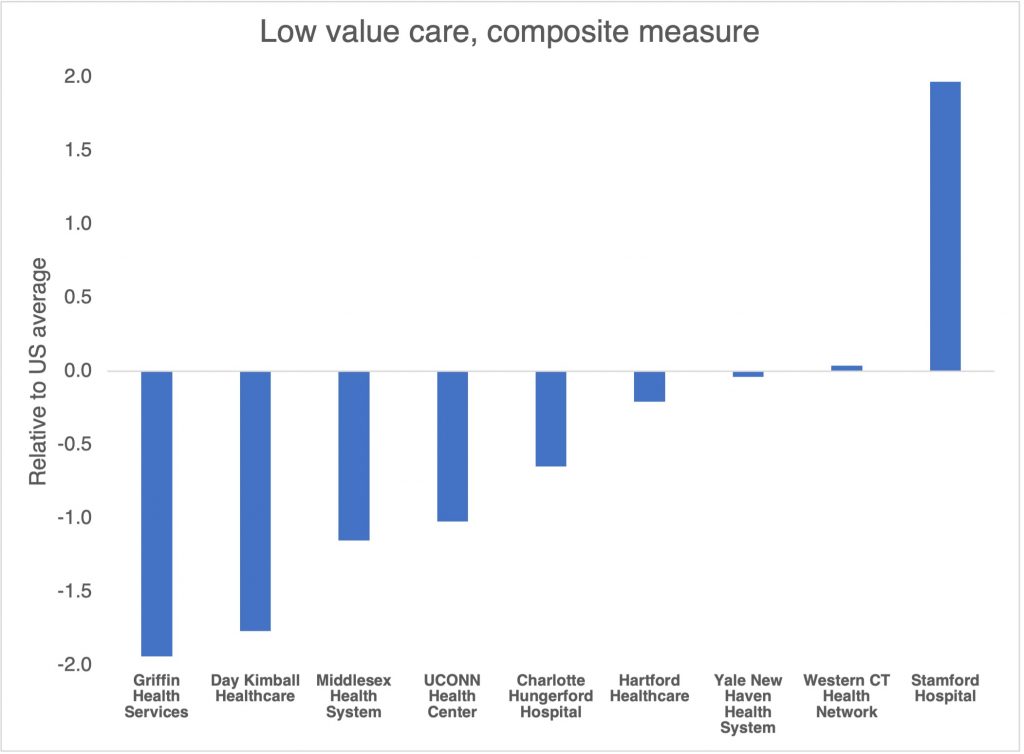insurance
New Cost Cap Steering Committee is industry-driven
The first meeting of the new Steering Committee to guide the Office of Health Strategy’s (OHS) plan to cap healthcare cost growth was uncharacteristically quiet. The meeting started with public comment from the Universal Healthcare Foundation of CT that the committee membership is “not balanced”, includes mainly members with “deep vested business interests”, and lacks…
Read MoreCT ranks 15th among states in healthcare affordability, but that’s not saying much
Connecticut has implemented many policies to make healthcare affordable; unfortunately, they aren’t working. According to Altarum’s new Healthcare Affordability State Policy Scorecard, Connecticut earned 43.1 out of 80 possible points. There is a lot of room for improvement. Altarum ranked states on adoption of policies that can impact affordability and on outcomes, whether care is…
Read MoreSign on letter voices deep concerns with primary care capitation
Today twenty-five independent advocates and providers signed a letter to the Office of Health Strategy opposing capitation of primary care services across Connecticut. The letter shares serious concerns with the Office of Health Strategy’s (OHS) plan to shift all primary care in Connecticut to a capitated payment model. The current concerns echo advocates’ and legislators’…
Read MoreCTNJ op-ed: Patient-centered or doctor-centered? Primary care planning is off track
Several state agencies and their committees are planning to expand primary care in Connecticut – that’s a good thing. But it’s being driven by primary care doctors and their needs rather than patients. Read more
Read MoreConnecticut hospital systems vary in reducing low-value care
A new report published in JAMA Internal Medicine on low-value care provided to Medicare beneficiaries at the health system level offers actionable tools to improve effective care on the ground. Healthcare services that provide little or no health benefit, may harm patients, increase costs, and waste resources are low-value. Examples include prostate specific antigen testing…
Read MoreCTNJ: OP-ED | Legislators Hear How RI Saved 2 Hospitals From Private Equity, Other Solutions to High Insurance Premiums
On Friday, in a forum sponsored by state Rep. Kerry Wood, six national and local experts gave legislators specific policy tools to help with health care market consolidation and rising drug prices that are driving up health insurance premiums. Legislators also got specific tools used by Rhode Island to avoid private equity abuses experienced in…
Read MoreLegislative forum on drivers of rising health costs
Connecticut legislators will hear from experts on the drivers of rising health insurance premiums and options to control costs next Friday, September 24th at noon. The forum — Consolidation, Private Equity, and Drug Prices in Health Care Costs — is sponsored by Rep. Kerry Wood, Co-Chair of the Insurance and Real Estate Committee. The forum…
Read MoreCTNJ: Covered Connecticut is a good start, but needs tending
Policymakers were challenged this year to find an answer to voters’ demands for affordable healthcare coverage options. Both leading legislative proposals, a public health insurance option and restoring previous cuts to HUSKY parent coverage, had drawbacks and neither passed. The administration, together with the insurance industry, developed an alternative behind closed doors that did pass.…
Read MoreCovered Connecticut – Origins, Goals, Opportunities, and Concerns
Read the brief Covered Connecticut is a new program to cover uninsured state residents with no-cost health insurance coverage through Access Health CT, Connecticut’s health insurance exchange. The program leverages federal subsidies, some of which are temporary, and an anticipated Medicaid waiver to offer state residents combined with state funds. Some services, missing from exchange…
Read MoreCTNJ: CT needs to focus on real health reform
Connecticut insurance premiums were the sixth highest among states for both individual and family coverage in 2019. Making healthcare more affordable was the drumbeat from voters last year. But CT policymakers have responded with weak options that kick the can down the road. Controlling the drivers of health costs is advanced placement politics. Powerful industries…
Read More







